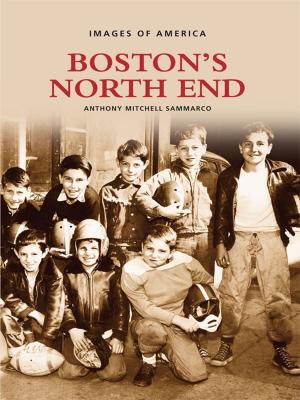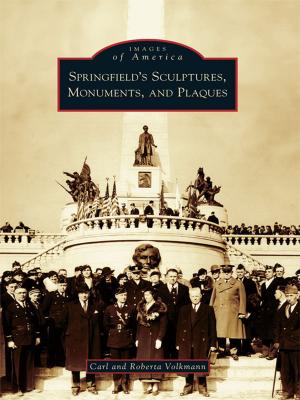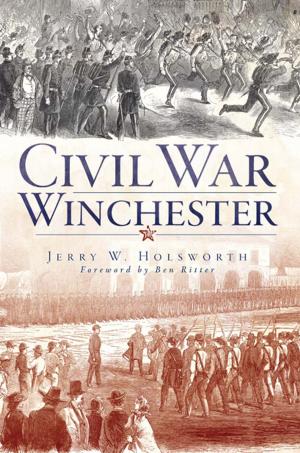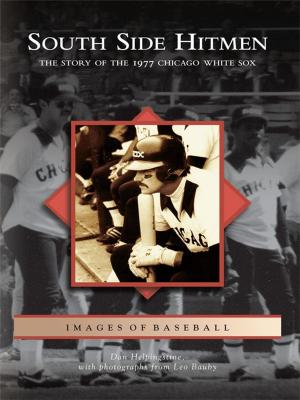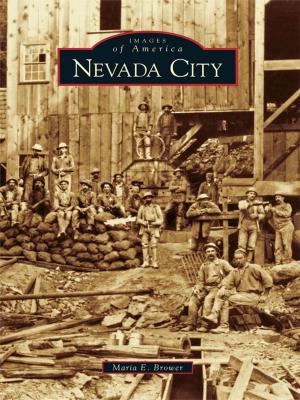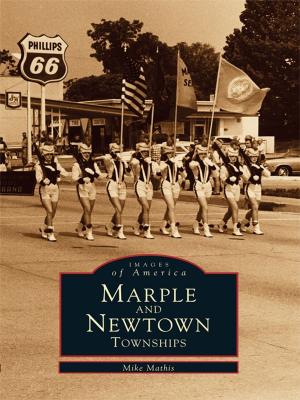| Author: | Annette Kassis | ISBN: | 9781614236191 |
| Publisher: | Arcadia Publishing Inc. | Publication: | August 7, 2012 |
| Imprint: | The History Press | Language: | English |
| Author: | Annette Kassis |
| ISBN: | 9781614236191 |
| Publisher: | Arcadia Publishing Inc. |
| Publication: | August 7, 2012 |
| Imprint: | The History Press |
| Language: | English |
In 1874, David Lubin hung a provocative sign over a ten by twelve-foot space on the corner of Fourth and K Streets in Sacramento, California: "D. Lubin: One Price." Thus began the dry goods store that would evolve into Weinstock, Lubin, and Co., one of Sacramento's landmark businesses and eventually a regional giant. While many Sacramentans will remember Weinstock's spectacular Christmas displays, the signature children's milk bar and the gala openings of suburban stores at Country Club Plaza and Sunrise Mall, historian Annette Kassis goes beyond the storefront to uncover the philosophy that placed Weinstock's at the forefront of business innovation. More than a retail establishment, Weinstock's one-hundred-year legacy brought high fashion, progressive politics and the leading edge of modernization to California's Capital City.
In 1874, David Lubin hung a provocative sign over a ten by twelve-foot space on the corner of Fourth and K Streets in Sacramento, California: "D. Lubin: One Price." Thus began the dry goods store that would evolve into Weinstock, Lubin, and Co., one of Sacramento's landmark businesses and eventually a regional giant. While many Sacramentans will remember Weinstock's spectacular Christmas displays, the signature children's milk bar and the gala openings of suburban stores at Country Club Plaza and Sunrise Mall, historian Annette Kassis goes beyond the storefront to uncover the philosophy that placed Weinstock's at the forefront of business innovation. More than a retail establishment, Weinstock's one-hundred-year legacy brought high fashion, progressive politics and the leading edge of modernization to California's Capital City.

